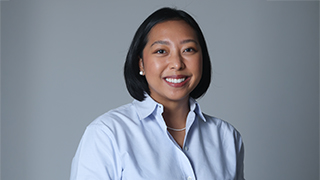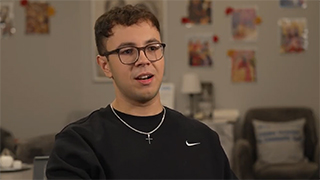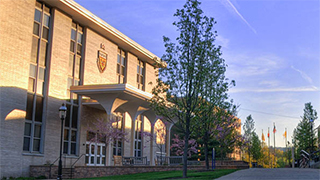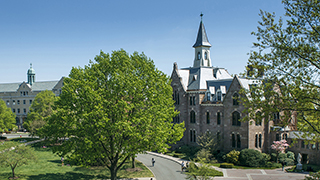Heidi Campbell, Invited Speaker for Conference on Communication, Religion and the U.S. Presidential Election
Tuesday, October 6, 2020
With the Presidential Election happening in a few weeks, the Institute for Communication and Religion within the College of Communication and the Arts at Seton Hall University will host "Communication and Religion in the 2020 U.S. Presidential Election." This free online conference will be held on October 21-23, accompanied by nationally recognized scholars in the fields of communication, religious studies and political science to Seton Hall to share their knowledge with students, faculty and the public.
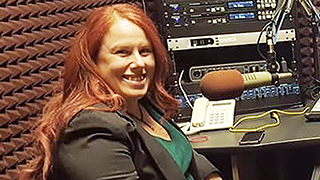
Texas A&M’s Professor Heidi Campbell will speak about internet memes and how digital media is used to represent different religious ideas in the public sphere.
One of the featured speakers, Heidi Campbell, is a professor of media studies who focuses on media theory, global and pop culture, and media and religion. Professor Campbell's research throughout the years has focused on how digital culture has transformed how religion is defined. During the late '90s the internet went public and experimentation in this digital space had piqued her interest. "I was doing my Master's in theology at the time and I did an essay that focused on the concept of how the internet would impact the church," she said. Campbell noted the impact changed how community building and expression of religious identity has altered during the digital age. With her deep history of examining how people use the internet, Campbell noted an intersection of religion and the upcoming election. "I think it’s not just how religious people respond to and interact in political discourse and debate, but also how religion is becoming one of the lenses on how politicians respond to different ideas," she said.
The focus of Campbell's talk will be centered around internet memes and how digital media is used to represent different religious ideas in the public sphere. "I think memes and social media is where you see peoples' popular assumptions on what it means to be religious and what the relationship between religion and politics should be," she said. Campbell noted the controversial conversation that is still currently happening is about whether religion should be involved in politics. "Some people think they should be far apart, and others think they should intersect but with a set rules they should live by. It brings a lot of interesting debates on what level of public engagement religions should have on the political side of life," she shared.
Additionally, Professor Campbell plans to discuss the ideas of civil religion. "When we think of the word religion, we assume it's going to be focused on certain traditions, practices or a group of people. However, when religion and politics intersect, the version of religion we get is civil religion, where it is religion mixed with nationalist ideologies," she said. Campbell described the elements that contribute to civil religion as "not actually the beliefs of community or specific religious traditions, but we are shown how religion views the idea of being citizen or being a part of nation and the public responsibility and culture," she noted. Overall, the audience should expect her to provide an in-depth look at expression of religion through memes, including American civil religion, and how religion is framed in the public sphere.
Campbell shared excitement for speaking at the conference and the timeliness of the event that includes presenters with diverse backgrounds. "It is a remarkable group of people that are seeing this topic from a political, rhetorical or media background. It will be interesting to see various methods, theories and perspectives," she said. After her presentation, Campbell hopes the audience will take away an understanding that reality is not black and white; religion and politics are more about peoples' passions and preferences and the uneasy alliance that has formed between these elements. "I would like people to come away with the uneasiness of my topic and carefully and critically reflect on the ideas presented," she said.
This online event will be held October 21 through October 23 and is free and open to the public. Those who are interested in expert analysis, open dialogue and commentary on the final 2020 Presidential Debate are invited to join.
For speaker bios and to register for the event, visit here.
This article is the third and final piece of the Meet the Speaker articles introducing our conference's national experts. Click here for our previous pieces on political commentator and journalist, Professor Peter Beinart and our inaugural piece on religious communication expert Ronald C. Arnett.
About the Institute for Communication and Religion
Launched in Fall 2017, the Institute for Communication and Religion within the College of Communication and the Arts provides a nexus for ongoing scholarly exploration of communication topics critically important to religion and society. Guided by the spirit of ecumenical and interreligious cooperation, the Institute seeks to engage in public dialogue and debate, promote academic inquiry and support the religious dimension of creativity — all while upholding the values of servant leadership, curricular innovation and intellectual excellence.
Categories: Arts and Culture, Nation and World


